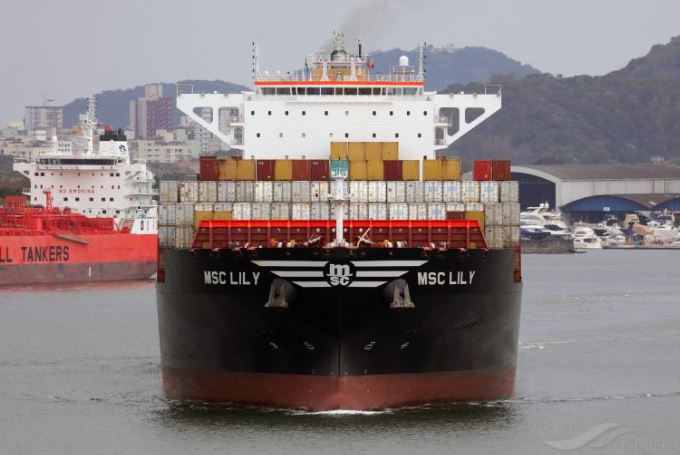Mediterranean Shipping Company is facing a fine of at least US$63 million after the US Federal Maritime Commission (FMC) accused the world’s largest liner operator of contravening the Shipping Act.
The quantum of the penalty was disclosed after the FMC commenced investigations in August 2023, after several of MSC’s customers disputed a substantial amount of charges, including for detention and demurrage that they were asked to pay. These charges go as far back as 2017.
In documents served on MSC on 4 April, the FMC’s Office of Enforcement asserted that the Swiss-Italian carrier undertook unreasonable and unfair practices that did not facilitate or “ensure an efficient, competitive, and economical transportation system in the ocean commerce of the United States.”
The proceedings, brought before administrative law judge Alex Chintella, said that MSC’s alleged unlawful practices targeted NVOCCs, forwarders, customs brokers, and truckers in the US. The FMC’s investigations found 18 alleged breaches related to MSC’s use of its “merchant clause” to bill third parties and more than 3,000 contraventions related to non-operating reefers.
The FMC has accused MSC of failing to audit and reconcile its billing processes, resulting in overcharges relating to at least 2,629 reefers. It called the overcharges “a deliberate act in flagrant contravention of the Shipping Act or a grossly negligent accounting error that MSC should have been aware of and more proactive in resolving”.
The Office of Enforcement said, “For years, MSC used its market power and wielded heavy-handed tactics to define standard bill of lading terms such as ‘merchant’ to justify billing nonconsenting and non-contracting third parties for detention and demurrage. In this case, MSC invoiced third parties listed as ‘notify parties’ found on its standard bill of lading, regardless of their contractual or beneficial cargo status.
“Instead of working to bill the proper party, MSC had a policy of invoicing the ‘notify party’, which effectively turned many third parties into its unwilling and nonconsenting billing departments.”
Martina Li
Asia Correspondent







